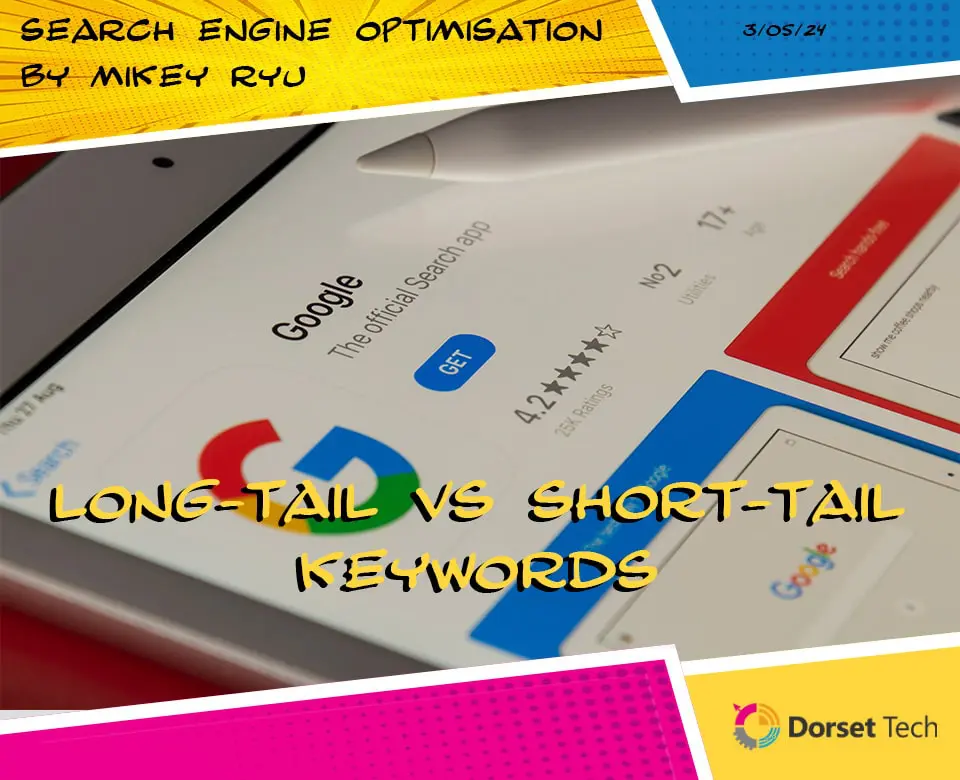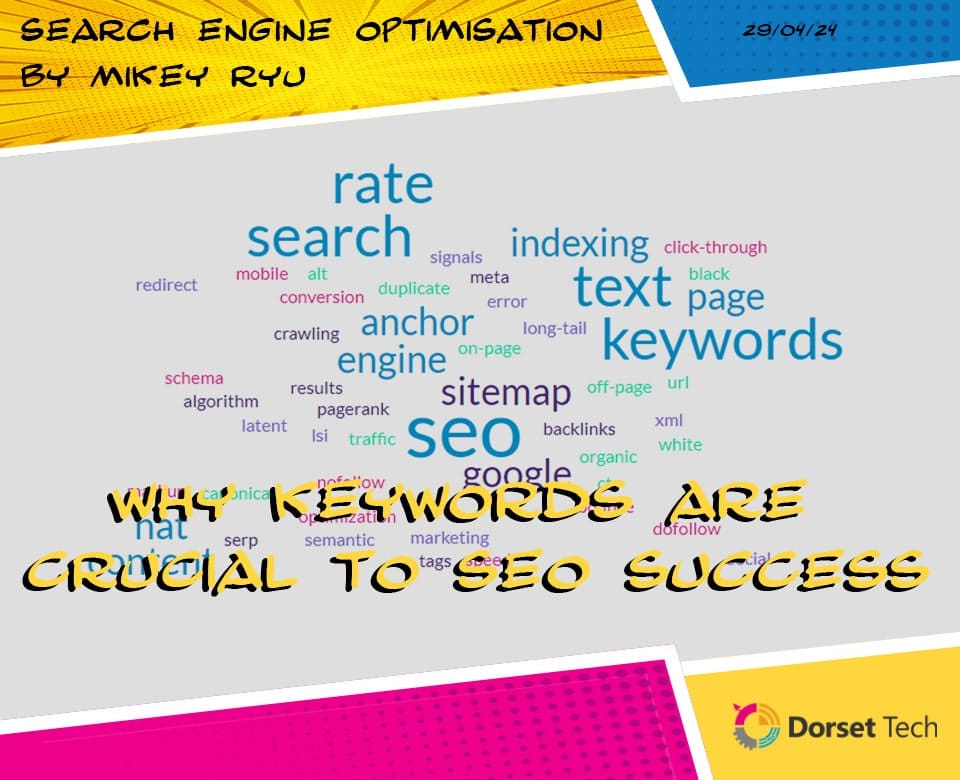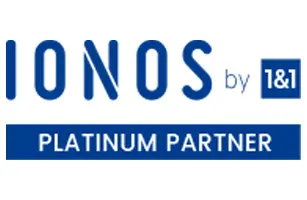
Long-Tail vs. Short-Tail Keywords: Which to Target?
In the realm of search engine optimisation (SEO), one of the key decisions businesses face is whether to target long-tail or short-tail keywords in their optimisation efforts. Each type of keyword offers distinct advantages and considerations, and understanding the differences between them is essential for crafting an effective SEO strategy. In this blog post, we’ll explore the characteristics of long-tail and short-tail keywords, their respective benefits and challenges, and guide which type of keyword to target based on specific business goals and objectives.
Understanding Long-Tail and Short-Tail Keywords:
Before diving into the debate of long-tail versus short-tail keywords, let’s clarify what each term means:
Short-Tail Keywords:
Also known as broad keywords or head keywords, short-tail keywords consist of one or two words and are characterized by high search volume and competition. Examples include “digital marketing,” “SEO,” or “social media.”
Long-Tail Keywords:
Long-tail keywords are more specific phrases consisting of three or more words. While they typically have lower search volume, they tend to be less competitive and have higher conversion potential. Examples include “Best Digital Marketing Agency in New York,” “SEO tips for Small Businesses,” and “social media marketing strategy for startups.”
Benefits of Short-Tail Keywords:
High Search Volume:
Short-tail keywords typically have higher search volume compared to long-tail keywords, as they capture a broader audience and encompass a wider range of search queries.
Broad Visibility:
Targeting short-tail keywords allows businesses to cast a wide net and increase their visibility across a broad range of search queries and topics related to their industry.
Brand Recognition:
Short-tail keywords often include brand names or generic terms associated with a business’s industry, helping to build brand recognition and authority within the market.
Challenges of Short-Tail Keywords:
Intense Competition:
Short-tail keywords are highly competitive, with numerous businesses vying for top positions in search engine results pages (SERPs). Competing for visibility and rankings can be challenging, especially for smaller businesses or new entrants to the market.
Vague Search Intent:
Short-tail keywords may have ambiguous or broad search intent, making it difficult to discern the specific needs or interests of users and tailor content accordingly.
Lower Conversion Rates:
While short-tail keywords may attract high volumes of traffic, they often have lower conversion rates compared to long-tail keywords. This is because users searching for broad terms may be in the early stages of the buying cycle and not yet ready to make a purchase.
Benefits of Long-Tail Keywords:
Highly Targeted Traffic:
Long-tail keywords target specific, niche audiences with distinct needs or interests. By addressing these specific queries, businesses can attract highly targeted traffic that is more likely to convert into leads or customers.
Lower Competition:
Long-tail keywords are less competitive than short-tail keywords, as they cater to niche audiences and have fewer businesses competing for visibility. This presents opportunities for smaller businesses or niche industries to rank higher in SERPs.
Higher Conversion Rates:
Long-tail keywords often have higher conversion rates compared to short-tail keywords, as they attract users who are further along in the buying cycle and have specific purchase intent.
Challenges of Long-Tail Keywords:
Limited Search Volume:
Long-tail keywords typically have lower search volume compared to short-tail keywords, as they target niche audiences with specific needs or interests. While this can result in highly targeted traffic, it may also limit the overall volume of traffic generated.
Content Creation Challenges:
Targeting long-tail keywords may require businesses to create more specialised and in-depth content to address specific user queries. This can be time-consuming and resource-intensive, especially for businesses with limited content creation capabilities.
Keyword Variations:
Long-tail keywords may have multiple variations or permutations, making it challenging to identify all relevant keyword opportunities and ensure comprehensive optimization.
Which to Target: Long-Tail or Short-Tail Keywords?
The decision to target long-tail or short-tail keywords depends on various factors, including business goals, industry dynamics, target audience, and available resources. Here are some considerations to help businesses determine which type of keyword to target:
Short-Tail Keywords:
- Suitable for businesses looking to increase brand visibility, reach a broad audience, and establish authority within their industry.
- Ideal for businesses with well-established brands, extensive resources, and the ability to compete in highly competitive markets.
Long-Tail Keywords:
- Suitable for businesses targeting niche audiences, addressing specific user needs, and maximising conversion potential.
- Ideal for smaller businesses, niche industries, or businesses with limited resources seeking to differentiate themselves and attract highly targeted traffic.
Conclusion:
In conclusion, the debate between long-tail and short-tail keywords is not about choosing one over the other but rather understanding their respective benefits and challenges and leveraging them strategically based on specific business goals and objectives. Short-tail keywords offer broad visibility and high search volume but come with intense competition and vague search intent. Long-tail keywords, on the other hand, target niche audiences with specific needs and interests, leading to higher conversion rates and lower competition. By understanding the characteristics of each type of keyword and aligning them with business goals, businesses can develop more effective SEO strategies and maximise their online visibility and reach in the digital landscape.





















